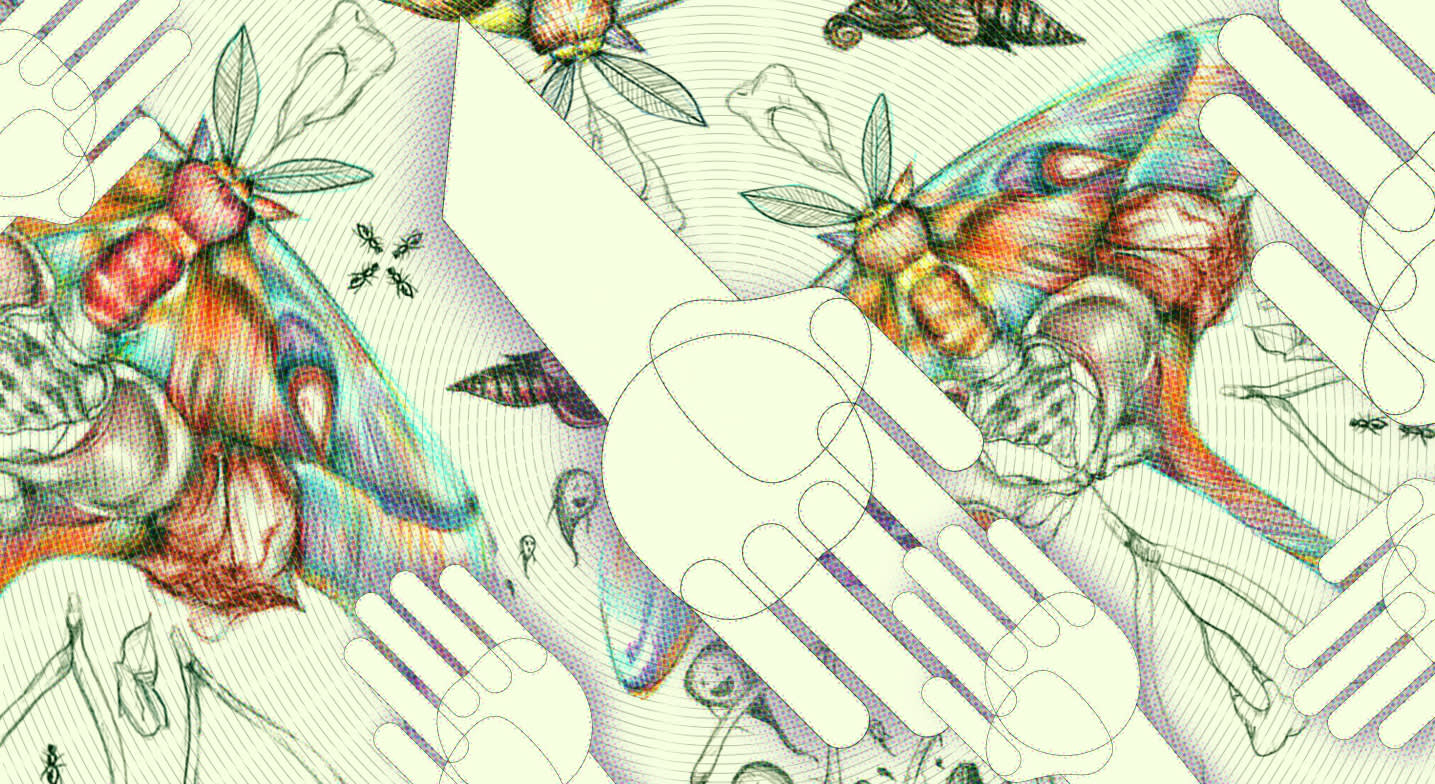Leo Tolstoy famously kicked off Anna Karenina with the observation that “All happy families are alike; each unhappy family is unhappy in its own way.” Either way, both types of families certainly churn out their share of crazy stories.
And no place attracts these stories more than the Moth. A workshop space, live storytelling theater, and podcast series, the Moth is an 18-year-old Peabody-winning New York-based collective. And a quick glance at its currently most popular stories reveals that a whopping seven out of 10 of them are specifically about families. They come with simple taglines that belie the sophistication and power they pack: “A Brooklyn teen meets resistance from his family and community after admitting he’s gay,” and “A daughter tries to surprise her mom at the World Trade Center one September morning.”
“We’re always looking for the biggest stories in people’s lives, not just little anecdotes,” says the Moth’s Artistic Director, Catherine Burns.
People write from different places. Some people write from joy; some from pain. Family can be a deep source of both.
A master of this type of storytelling is author James Braly, many of whose stories can be heard at the Moth’s website. “People write from different places. Some people write from joy; some from pain. Family can be a deep source of both,” he says. “Our closest relationships — our most painful, joyful, complex relationships are formed when growing up.”
Braly ought to know. A contributor to This American Life and author-performer of the monologue “Life in a Marital Institution,” Braly has mined his family for years for funny, touching, and wry stories. For “Oliver’s Pink Bicycle,” Braly explored his reactions to his 3-year-old son’s obsession with the color pink — and where he ran up against his own shortcomings as a father. The relationship he had established with OIiver was directly informed by a desire to be different from his own brusquely macho Korean War vet father, but sometimes similarities run deeper than we realize.
For “One Last Family Photo,” Braly described bringing his strange and estranged family all together at his sister’s deathbed for the first time in decades — and most likely the last time ever. His sister Kathy, he says, “in the end is showing us all how hard it is and how beautiful it can be to let go.”
Those stories and others, which swerve from devastating to hilariously self-aware, can be heard online at the Moth’s website. “We always look for a moment of change,” says the Moth’s Burns. “Often these huge moments come with our families.”
These moments of change, as Burns calls them, have always been at the core of the best stories. James Joyce called them epiphanies: “It was for the man of letters to record these epiphanies with extreme care, seeing that they themselves are the most delicate and evanescent of moments,” Joyce wrote from the perspective of his literary alter ego Stephen Dedalus. And so often these epiphanies occur in the midst of our family life (Joyce himself placed many of them there in his fiction — start with Dubliners.)
“We feel like we’ve hit on a great story when it’s incredibly specific to the storyteller, but other people connect it to themselves,” says Burns.
She points, as an example, to Bliss Broyard, daughter of writer Anatole Broyard. Bliss, who was raised as white, learned at her father’s deathbed that he had concealed the fact that he’d been mixed-race from his kids. She would end up writing One Drop, about her emotional and physical journey exploration of her own identity and life, stories that she had workshopped at the Moth.
“So many people in the audience came up to her and thanked her. They said things like ‘I never knew my maternal grandfather was Jewish’,” says Burns. “Lots of people connect with family secrets even though her story was so specific.”
Of course, the Moth is an audible medium, and stories about family pack a different kind of punch when you hear them as opposed to reading them. There is an intimacy to a story when it’s heard. A sense of complicity with the teller. “I do imagine my family being in the audience. Would they be comfortable hearing it?” asks Braly. “Any judgmental bite is ameliorated by my persona.”
The premier practitioner of the craft was, of course, Spalding Gray. “His ability to see himself clearly as one character in the landscape of others; that detachment is essential to making it work. Detachment while being passionate about the material,” says Braly.
Ultimately the craft of storytelling, and the unique community of the Moth — which is itself a family of sorts — is an act of survival, says Braly. “We’re all on a quest to find the secrets of our emotional life.” A life that begins, fundamentally, within the confines of family.




